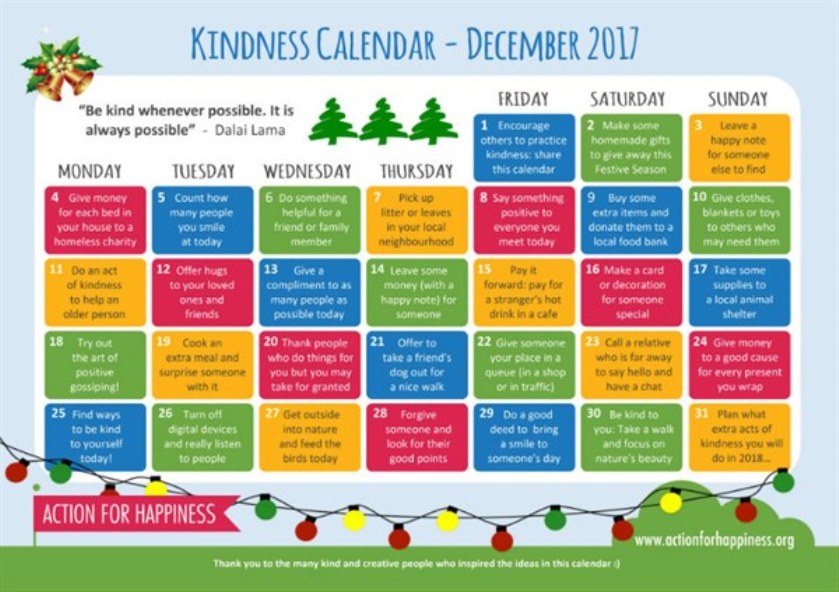 The sun’s out, a blinding wintry white. Cold wind is whipping up leaves and paper coffee cups. I am tucked deep inside the hood of an ancient pea coat, walking briskly along a mostly empty Queens, NYC avenue on the last day of the American Thanksgiving weekend. Four days of bacchanalian feasting and I’m hungover from too much food and friends and family. I am in a black mood. Feel so dark I am scaring myself.
The sun’s out, a blinding wintry white. Cold wind is whipping up leaves and paper coffee cups. I am tucked deep inside the hood of an ancient pea coat, walking briskly along a mostly empty Queens, NYC avenue on the last day of the American Thanksgiving weekend. Four days of bacchanalian feasting and I’m hungover from too much food and friends and family. I am in a black mood. Feel so dark I am scaring myself.
Over a cup of hot tea, I contemplate. Life is good. After a decade of excellent travel, I’m where I want to be, in a job I sought and the zip code I preferred. So what’s the problem? It hits me like a cartoon anvil to the head. I have no balance. I am completely about work, and have been for most of the past year. I am surrounded by friends and colleagues who are also job-centric. It’s an American thing, and a very New York City thing. And it’s in sharp contrast to the life I created over six years living in Amman, Jordan where I blended a fulltime job with chunky volunteerism. In hindsight, nothing provided me a better perspective snap than getting out of my usual friend and colleague zone, taking on work outside my usual skillset, and indulging in any activity that falls into the ambiguous category of “giving back”. I need to get active again in ‘making a difference’, outside of the day job, and outside of my head. This is how I found Action for Happiness.
Action for Happiness is a movement of people committed to building a happier and more caring society, founded by British economist, Lord Richard Layard. They encourage a fundamentally different way of life – where people care less about what they can get just for themselves and more about the happiness of others. They bring together like-minded people from all walks of life and help them take practical action, drawing on current scientific research by leading experts from diverse fields including psychology, education, economics and social innovation.
The Dali Lama – patron of the group – said, “Happiness is not something ready made. It comes from your own actions”. Hear Lord Layard expand on this in his 2014 TEDxTALK.
Happiness is contagious, and our actions do make a difference. Research shows that the happiness of a close contact increases the chance of being happy by 15%. The happiness of a 2nd-degree contact (e.g. friend’s spouse) by 10% and the happiness of a 3rd-degree contact (e.g. friend of a friend of a friend) by 6%.
Science shows that our genes influence about 50% of the variation in our personal happiness, yet our circumstances (like income and environment) affect only about 10%. As much as 40% is accounted for by our daily activities and the conscious choices we make.
Check out their website, which provides ideas and resources to enable people to take action at home, at work or in their community. I’m going to park my healthy skepticism and try their 12-step Happiness Program:
- Take the happiness pledge
- Do kind things for others
- Create a local Action for Happiness group
- Find three good things each day
- Thank the people you’re grateful to
- Look for the good in those around you
- Bring mindfulness into your day
- Find your strengths and focus on using them
- Get help if you’re struggling
- Help kids build emotional resilience
- Use positive parenting techniques
- Volunteer your time, energy and skills
The Happiness Society has no religious, political or commercial affiliations and welcomes people of all (or no) faiths and all parts of society. Small things can cause big positive changes, so choose an action and make it happen. Go to their website, find a suggested calendar of daily ‘baby steps’ (also in our lead image), poke aound, and perhaps also beat the blues.
Image from the Action for Happiness website



